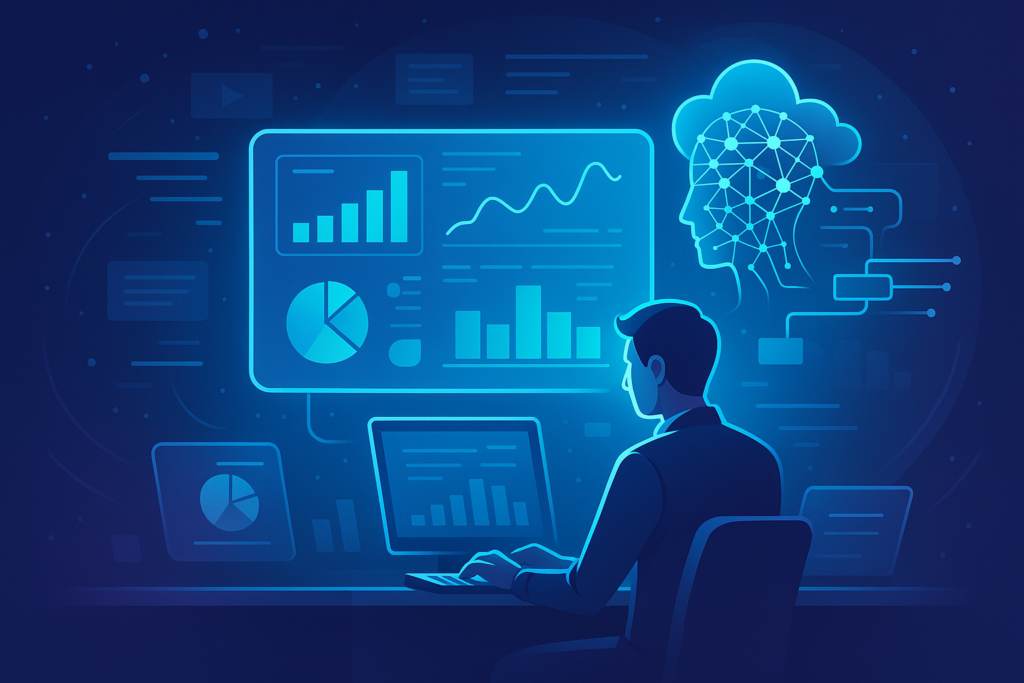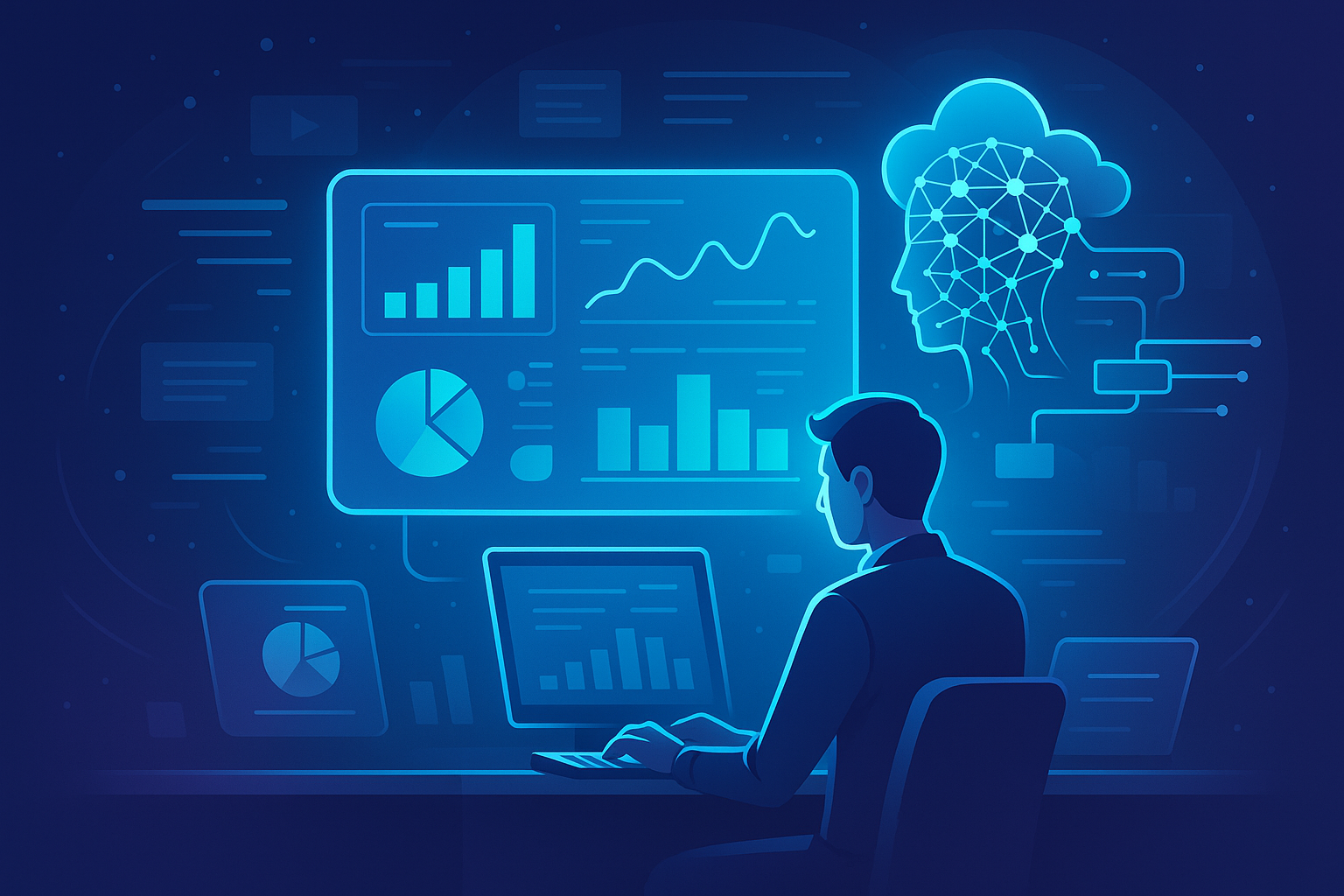
The role of the data engineer is rapidly evolving, thanks to the explosive growth of artificial intelligence. What once involved manual ETL processes, batch jobs, and static pipelines has now shifted toward intelligent automation, real-time processing, and AI-enhanced observability. In 2025, AI isn’t just an add-on—it’s embedded across the modern data stack.
From pipeline orchestration to anomaly detection, and even predictive scaling, AI is transforming how data engineering is done. This means faster development cycles, better data quality, and significantly less operational overhead.
Choosing the right tools is now more critical than ever. As data volumes surge and analytics become real-time, your infrastructure needs to scale effortlessly while maintaining reliability. That’s why understanding the top AI-powered tools in today’s data ecosystem can help you build faster, smarter, and more future-proof pipelines.
In this blog, we’ll explore the Top 20 AI-Powered Data Engineering Tools that are leading the charge in 2025—helping data teams innovate with confidence.
Top 20 AI-Powered Data Engineering Tools:
1. Apache Spark
Distributed data processing engine
Integrates with MLlib and AI-driven optimization libraries
2. Databricks
( https://www.databricks.com/ )
Lakehouse platform with built-in AI/ML tools
Features include AutoML, MLflow, and Delta Lake
3. Apache Airflow
( https://airflow.apache.org/ )
Workflow orchestration tool with AI-enhanced scheduling and alerting
4. dbt (Data Build Tool)
SQL-based data modeling
AI enhancements for testing, lineage, and anomaly detection
5. Snowflake
( https://www.snowflake.com/ )
Cloud-native data warehouse
Integrated support for LLMs and external ML libraries
6. Google BigQuery
( https://cloud.google.com/bigquery )
Serverless, AI-native analytics engine
Built-in BigQuery ML for predictive analytics
7. Apache Kafka
Real-time streaming platform
AI tools for monitoring and pattern detection
8. Fivetran
Fully managed ELT pipelines
AI-based schema change detection and issue resolution
9. Microsoft Fabric
( https://www.microsoft.com/en-us/fabric )
Unified analytics and data engineering platform
AI Copilot and deep Azure AI integrations
10. DuckDB
Lightweight in-process analytics engine
Useful for local ML pipelines and fast querying
11. Great Expectations
( https://greatexpectations.io/ )
Data validation framework
Integrating AI for smarter data testing and suggestions
12. Monte Carlo
( https://www.montecarlodata.com/ )
Data observability platform
AI-powered data quality and incident detection
13. Soda Data
( https://soda.io/ )
Data monitoring and quality checks
Machine learning for anomaly scoring and thresholding
14. Dagster
Modern data orchestration tool
AI features for dependency tracking and auto-suggestions
15. Prefect
Workflow automation engine
Adaptive scheduling and AI-driven error prediction
16. Tecton
Feature platform for ML
Helps manage real-time AI-ready features for models
17. DataRobot
( https://www.datarobot.com/ )
End-to-end AI automation platform
Integrates into pipelines for predictive model deployment
18. Talend (Cloud)
Data integration with AI transformation functions
19. KubeFlow
Kubernetes-native ML and data pipeline orchestration
20. AWS Glue
( https://aws.amazon.com/glue/ )
Serverless data integration
Uses AI for schema inference and job optimization
To Sum Up:
AI is no longer optional in data engineering—it’s essential. These 20 tools represent the forefront of AI-driven innovation in the field. Whether you’re orchestrating workflows, validating data, or scaling ML features, these platforms help teams automate more and worry less.
Choosing the right mix of tools can elevate your data strategy, improve reliability, and unlock significant time and cost savings.
Start integrating smarter tools in 2025, and build pipelines that think for themselves.
Looking to start or grow your career in Data Engineering?
We’re hiring! Explore exciting job opportunities in data engineering and apply now at:
https://optiremote.oorwin.com/careers/index.html#/list

